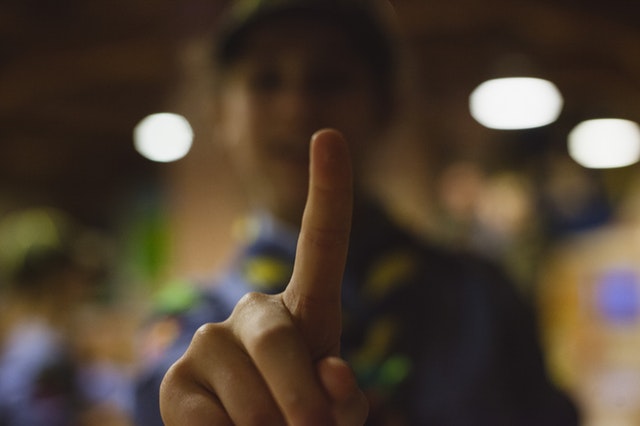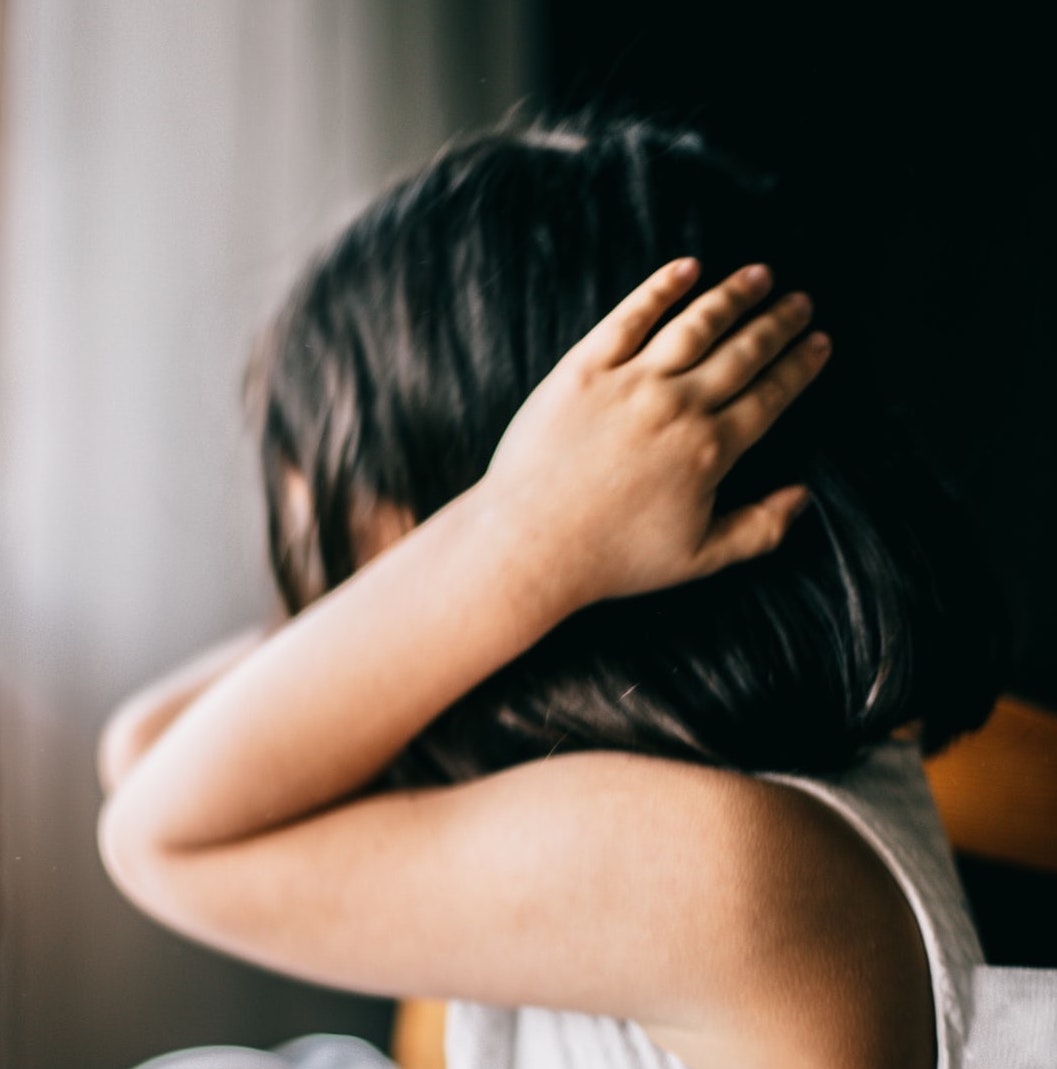 Parents and families across the world have been distressed by the war in Gaza and Israel. Those who are there (or who are connected to the people of the region) may grieve for loved ones who have been killed or fear harm and devastation.
Parents and families across the world have been distressed by the war in Gaza and Israel. Those who are there (or who are connected to the people of the region) may grieve for loved ones who have been killed or fear harm and devastation.
Parents everywhere struggle to understand what’s happening and how to feel about it, and to talk with our kids about the images as well as the absence of humanity and compassion they see in the news and on social media.
The following tips published in Greater Good are adapted from the work of Abigail Gewirtz, professor of psychology at Arizona State University, and Shauna Tominey, professor of human development and family sciences at Oregon State University.
1. Tend to your own needs
“It’s not until you recognize what your stress level is—how you are feeling—that you are really able to help anybody else,” says Gewirtz. As we search for wise words to help our children make sense of violence and inhumanity, we, too, need to acknowledge our heartbreak. Find ways to connect with your community of friends and loved ones and receive their compassionate support.
2. Seek to understand more deeply and listen
“Taking time to go beyond the headlines and learn more can build our knowledge and understanding of a topic so that we can feel comfortable talking with children in a way that is developmentally appropriate, as well as clearing up misconceptions,” says Tominey.
Once you know more about the context of the conflict and feel more prepared to have a conversation, you can invite your child to tell you what they’ve been hearing or wondering about it. Listen attentively to their thoughts and questions. Be curious and make space for them to keep sharing their perspective with you.
3. Be humble and honest
“Even if you don’t have an answer to a question, talk together about strategies to look up information from sources you trust, and about what makes a source reliable,” says Tominey.
Look for news sources that go beyond your bubble and that represent holistic perspectives. Teach your children how to be critical consumers of news and to seek out different viewpoints that represent an assortment of voices. Show them how to be aware of misinformation, which has been rampant on social media.
4. Prioritize humanity
While war is one of the most traumatic parts of the news right now, our conversations with our children about Gaza, Palestine, and Israel do not only have to be about this moment. We can talk to our children about individual people from these places and their life stories.
“Your children will have friends, classmates, and community members now and in the future with diverse identities and from diverse backgrounds,” says Tominey. “Through these conversations, we can help teach children that the identities and cultural traditions each person carries are just as important to them as yours are to you.”
5. Help your children to take compassionate action
“The really important thing for parents to understand is that, just like us, children need to feel that there is something they can do,” says Gewirtz. “All of us feel more awful if we feel totally helpless—and our children are no exception.”
For example, some children may want to find ways to donate to humanitarian organizations that are helping to provide aid. Older children may want to participate in marches to express themselves non-violently.
6. Be a haven for children to navigate their emotions
“Let them know that all feelings are OK,” says Tominey. “Help your child express their feelings in healthy ways, such as by talking about them; sharing feelings through stories, artwork, and play; taking a walk; or in other ways.”
While violence and intergenerational trauma are realities of our world, nurturing a loving space for our children’s emotions can help them learn that compassion is, too.
Excerpted from “How to Talk With Kids About the War in Gaza and Israel” from Greater Good. Read the full article online.
Source: Greater Good | How to Talk With Kids About the War in Gaza and Israel, https://greatergood.berkeley.edu/article/item/how_to_talk_with_kids_about_the_war_in_gaza_and_israel | © 2023 The Greater Good Science Center at the University of California, Berkeley
This resource is filed under:






